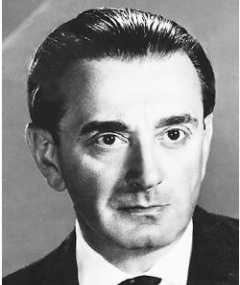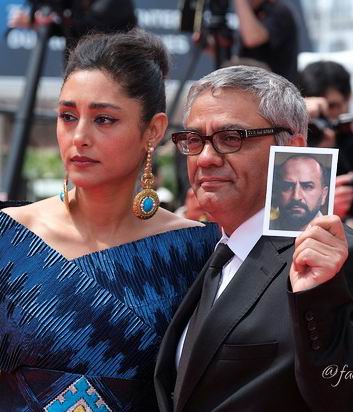|
|
| Welcome to Online Film Home! |
|---|
|
|
|

Miklós Rózsa |
Date of Birth
18 April 1907, Budapest, Austria-Hungary
Date of death
27 July 1995, Los Angeles, California, U.S.
Miklos Rozsa(18 April 1907 – 27 July 1995)
Miklos Rozsa studied the violin from the age of five.
In 1926, he began studying at the Leipzig Conservatory. In 1929, his violin concerto was performed there.
While living in Paris from 1931, Rozsa had his ‘Variations on a Hungarian Peasant Song’ and his ‘Symphony and Serenade for Small Orchestra’ performed.
After settling in London in 1935, he composed the ballet, ‘Hungaria’. Luckily he met fellow Hungarian, Alexander Korda, who commissioned him to write an opulent score for Knight Without Armour (1937).
While composing the score for The Thief of Bagdad (1940), Rosza moved to California, where he remained.
His film music, though often in the foreground, was seldom intrusive, most often amplifying the image. During the 40s, his eerie mood music enhanced many a film noir. --IMDb
Rózsa achieved early success in Europe with his orchestral Theme, Variations, and Finale (Op. 13) of 1933 and became prominent in the film industry from such early scores as The Four Feathers (1939) and The Thief of Bagdad (1940).
The latter project brought him to America when production was transferred from wartime Britain, and Rózsa remained in the United States, becoming an American citizen in 1946.
His notable Hollywood career earned him considerable fame, including Academy Awards for Spellbound (1945), A Double Life (1947), and Ben-Hur (1959), while his concert works were championed by such major artists as Jascha Heifetz, Gregor Piatigorsky, and János Starker. --Wikipedia
Selected works of
Miklós Rózsa
2016
Razor’s Edge: The Legacy of Iranian Actresses (2016)
1961
El Cid (1961)
1959
Ben-Hur (1959)
1951
Quo Vadis? (1951)
1945
Spellbound (1945)
|
|
|
|

Cannes 2024 |
Choose an item to go there!
|
| |
|
|

